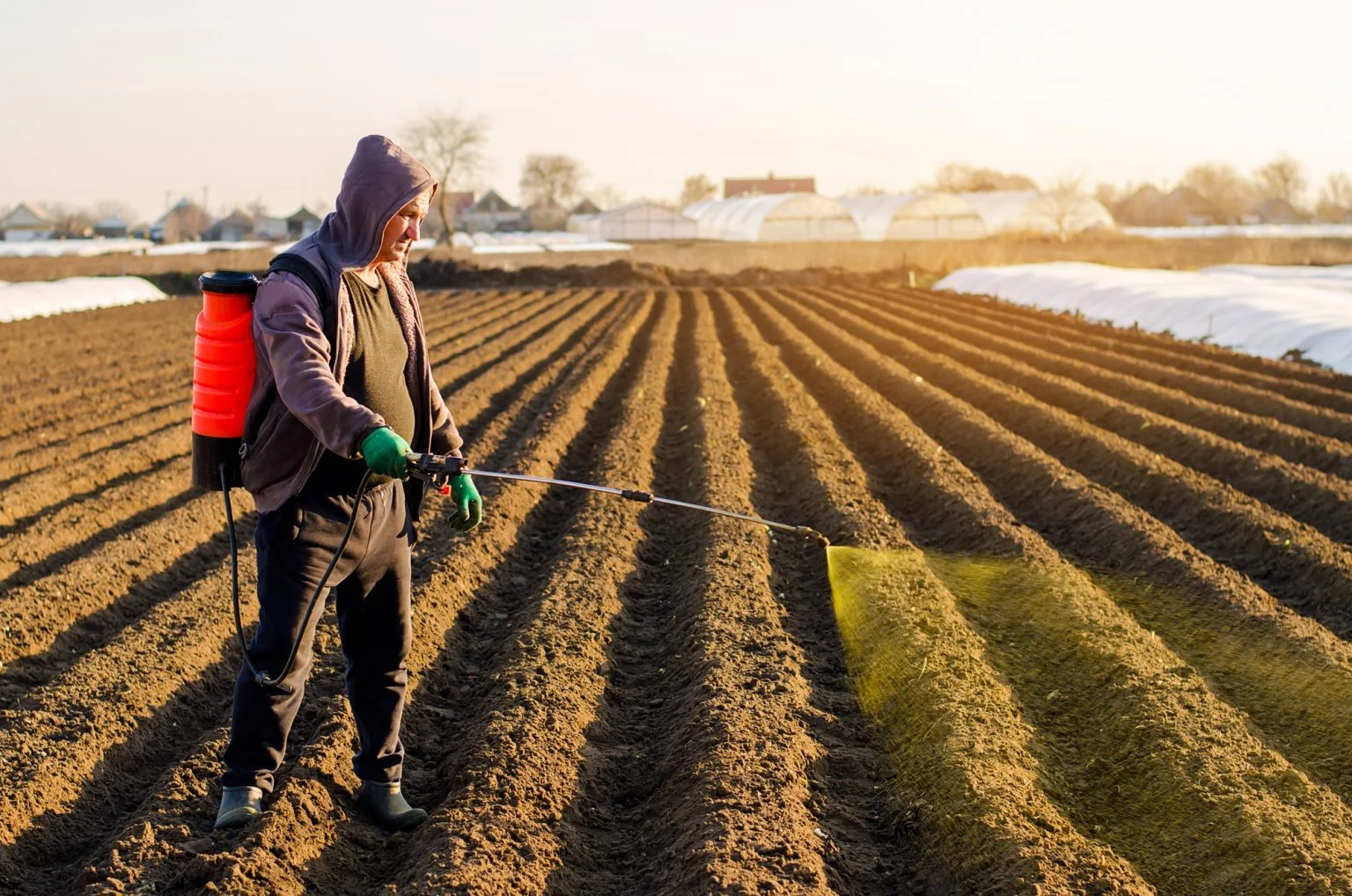The Paraquat lawsuit has become a pivotal moment in the realm of pesticide regulation and public health. As concerns about the safety and side effects of Paraquat, a widely used herbicide, continue to grow, legal battles have ensued, resulting in significant developments that could reshape the future of agricultural practices.
What is in the spotlight is the Paraquat lawsuit settlement and the mounting evidence regarding the side effects of Paraquat, as well as the urgent need for more robust pesticide regulations to protect both human health and the environment.
Understanding the Paraquat Lawsuit Settlement
The Paraquat lawsuit settlement represents a landmark development in the ongoing legal saga surrounding this toxic herbicide. Numerous lawsuits have been filed against major agrochemical companies, alleging that Paraquat exposure has resulted in severe health consequences for farmers, agricultural workers, and even bystanders. Among these health consequences, Parkinson’s disease is the most worrying.
The settlement agreements are a critical juncture in this litigation process, as they signal a recognition of the potential risks associated with Paraquat. While the terms of each settlement may vary, they often include compensation for affected individuals, changes to product labeling, and financial support for medical monitoring programs. Furthermore, the settlements highlight the growing concern among stakeholders about the safety of this widely used pesticide.

The Side Effects of Paraquat: Unraveling the Evidence
Paraquat, known for its rapid weed-killing action, has been widely used in agriculture for decades. However, mounting scientific evidence has raised serious questions about its safety and the potential side effects of Paraquat. Among the most troubling associations is the alleged link between Paraquat exposure and the development of Parkinson’s disease.
Parkinson’s disease is a debilitating neurodegenerative disorder characterized by a progressive decline in motor function and cognitive abilities. While the exact causes of Parkinson’s remain elusive, researchers have been investigating the connection between pesticide exposure, including Paraquat, and an increased risk of the disease. Studies have suggested that long-term exposure to Paraquat could trigger oxidative stress and damage dopamine-producing neurons in the brain, contributing to the development of Parkinson’s disease.
Moreover, Paraquat’s toxicity extends beyond Parkinson’s disease. Accidental or intentional ingestion of this herbicide can be fatal, highlighting the urgency of stringent regulations and responsible handling practices. In addition, its impact on the environment and wildlife has raised concerns about the broader ecological consequences of its widespread use.

The Path Forward: Pesticide Regulation and Public Health
The Paraquat lawsuit serves as a stark reminder of the need for comprehensive pesticide regulation that prioritizes human health and environmental well-being. While agriculture relies on pesticides to protect crops and ensure food security, it is crucial to strike a balance between efficacy and safety.
Pesticide regulatory bodies, such as the Environmental Protection Agency (EPA) in the United States and their counterparts worldwide, must continue to conduct thorough risk assessments of pesticides before approving their use. Robust scientific studies should underpin these assessments, and transparency in data disclosure is vital to building public trust.

Addressing the Global Impact
The repercussions of the Paraquat lawsuit extend far beyond national borders, highlighting the interconnectedness of our global agricultural landscape. As the legal battles and settlements play out, governments and regulatory bodies worldwide are closely watching the developments and outcomes. The lessons learned from the Paraquat case have the potential to shape international discussions on pesticide regulations, trade policies, and environmental protection.
The Paraquat lawsuit serves as a wake-up call for countries that rely heavily on agriculture as a cornerstone of their economies. It underscores the importance of adopting a proactive approach to pesticide management that takes into account the health of the population, the well-being of agricultural workers, and the sustainability of ecosystems. Collaborative efforts between nations can lead to the sharing of best practices, research findings, and regulatory frameworks that prioritize human health and environmental integrity.
In addition, this lawsuit encourages stakeholders to rethink the broader implications of agricultural practices on food security, rural livelihoods, and the preservation of biodiversity. The evidence and discussions surrounding Paraquat’s side effects emphasize the need for a holistic perspective that evaluates the long-term consequences of pesticide use on a global scale.
The Paraquat lawsuit marks a pivotal moment in the ongoing dialogue surrounding pesticide regulation, public health, and environmental stewardship. With the Paraquat lawsuit settlement and mounting evidence of its potential side effects, a clarion call for change reverberates across industries, governments, and communities. The Paraquat lawsuit is more than a legal battle; it’s a catalyst for a renewed commitment to responsible farming practices that protect people and the environment for generations to come.












